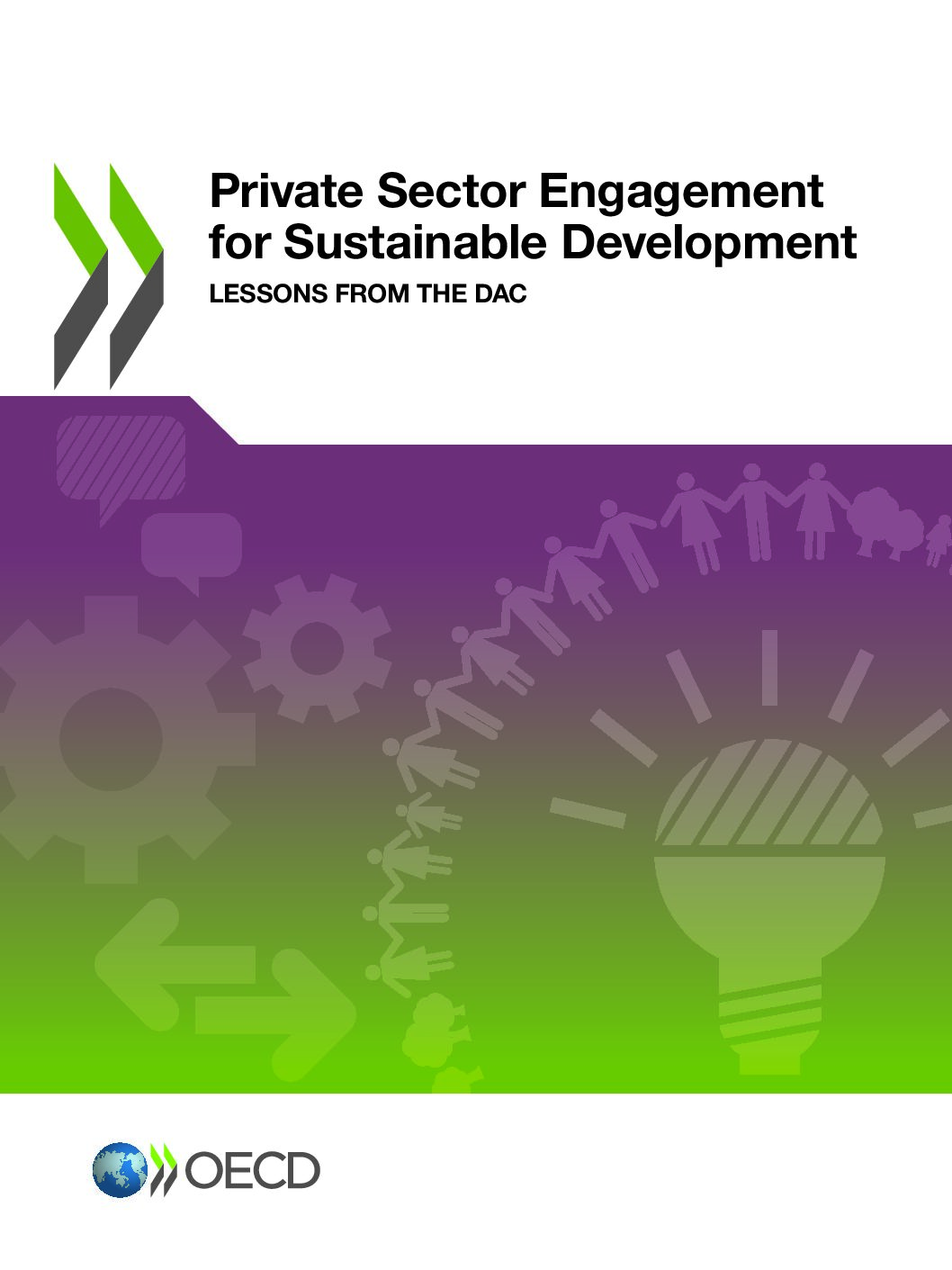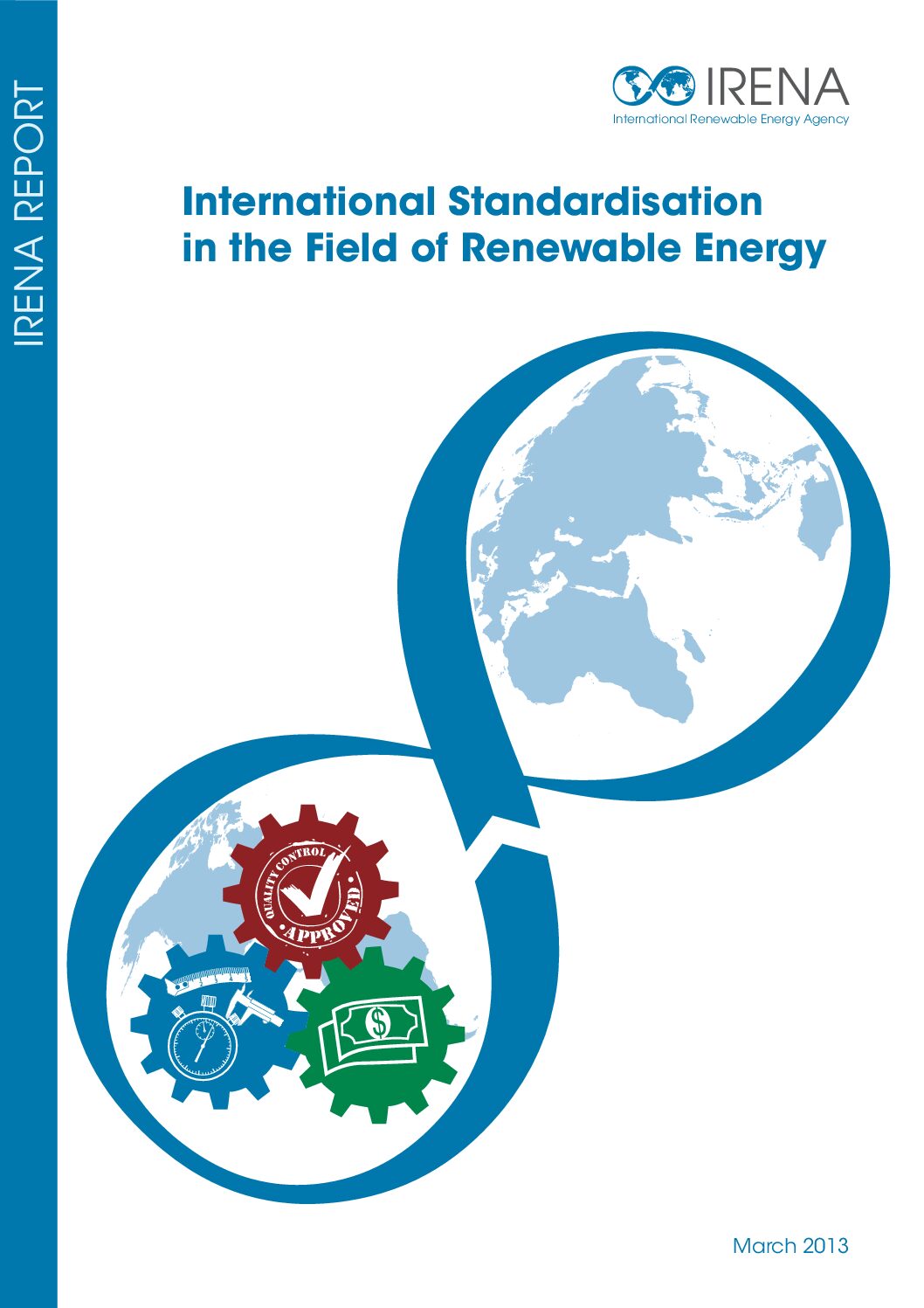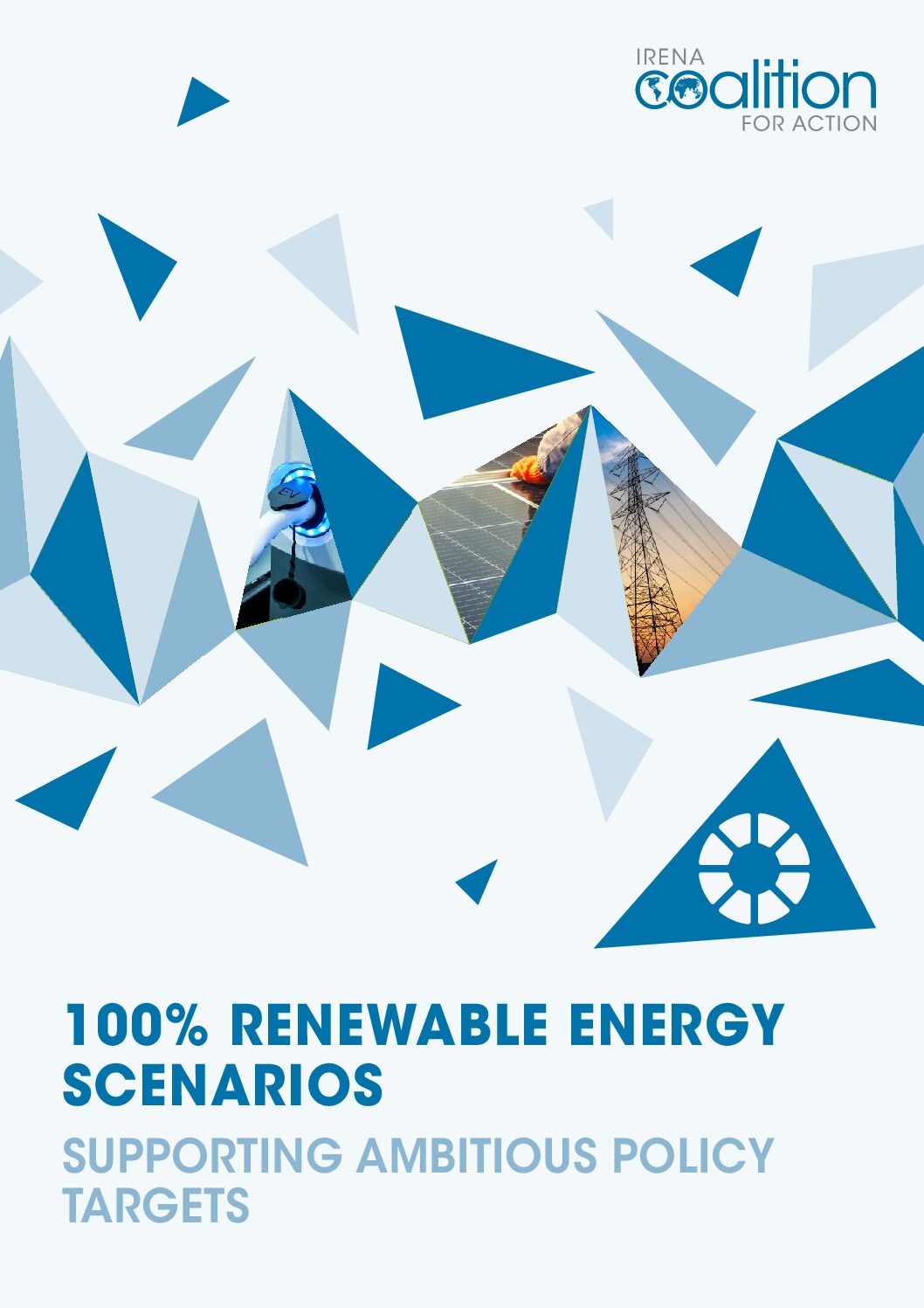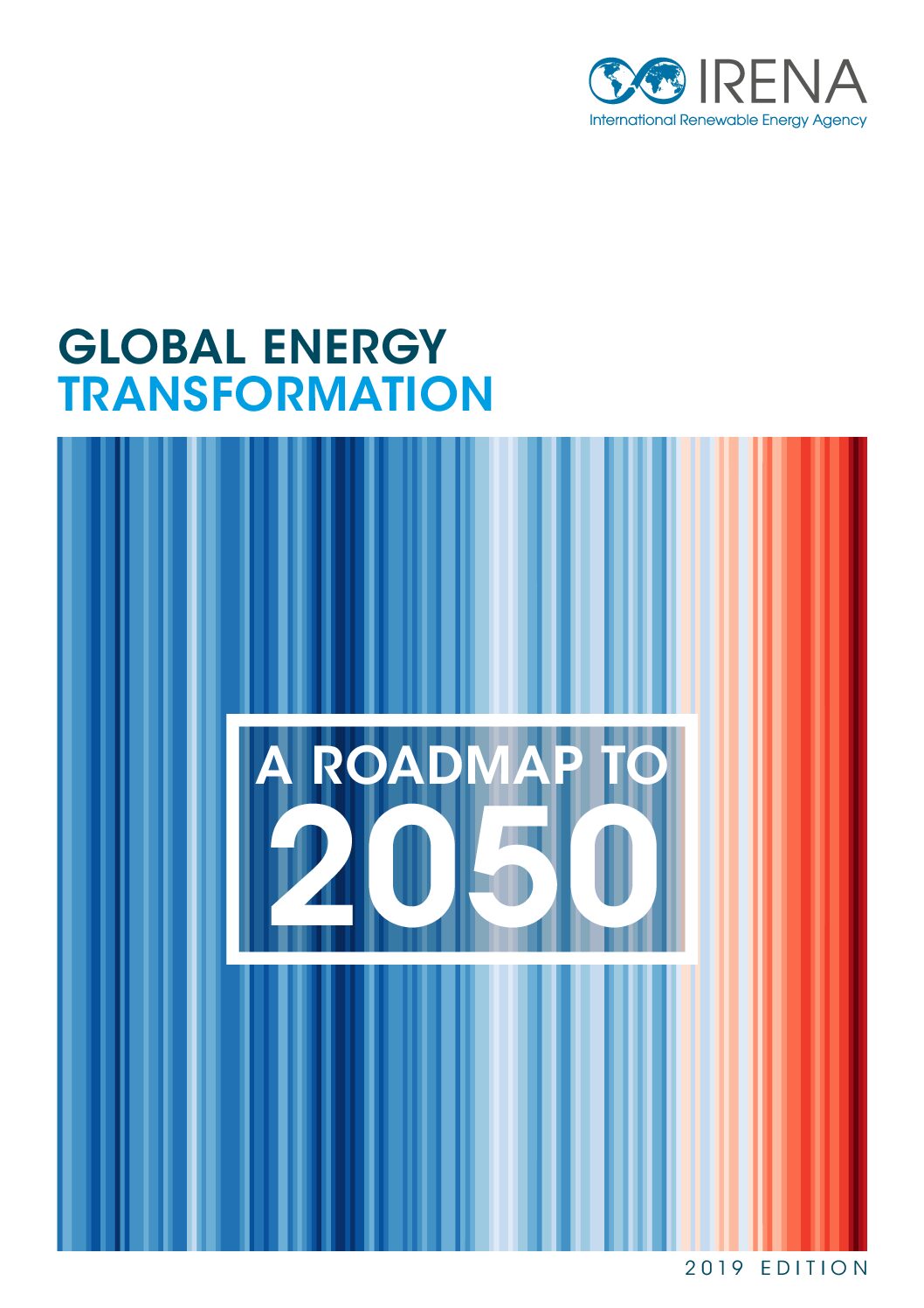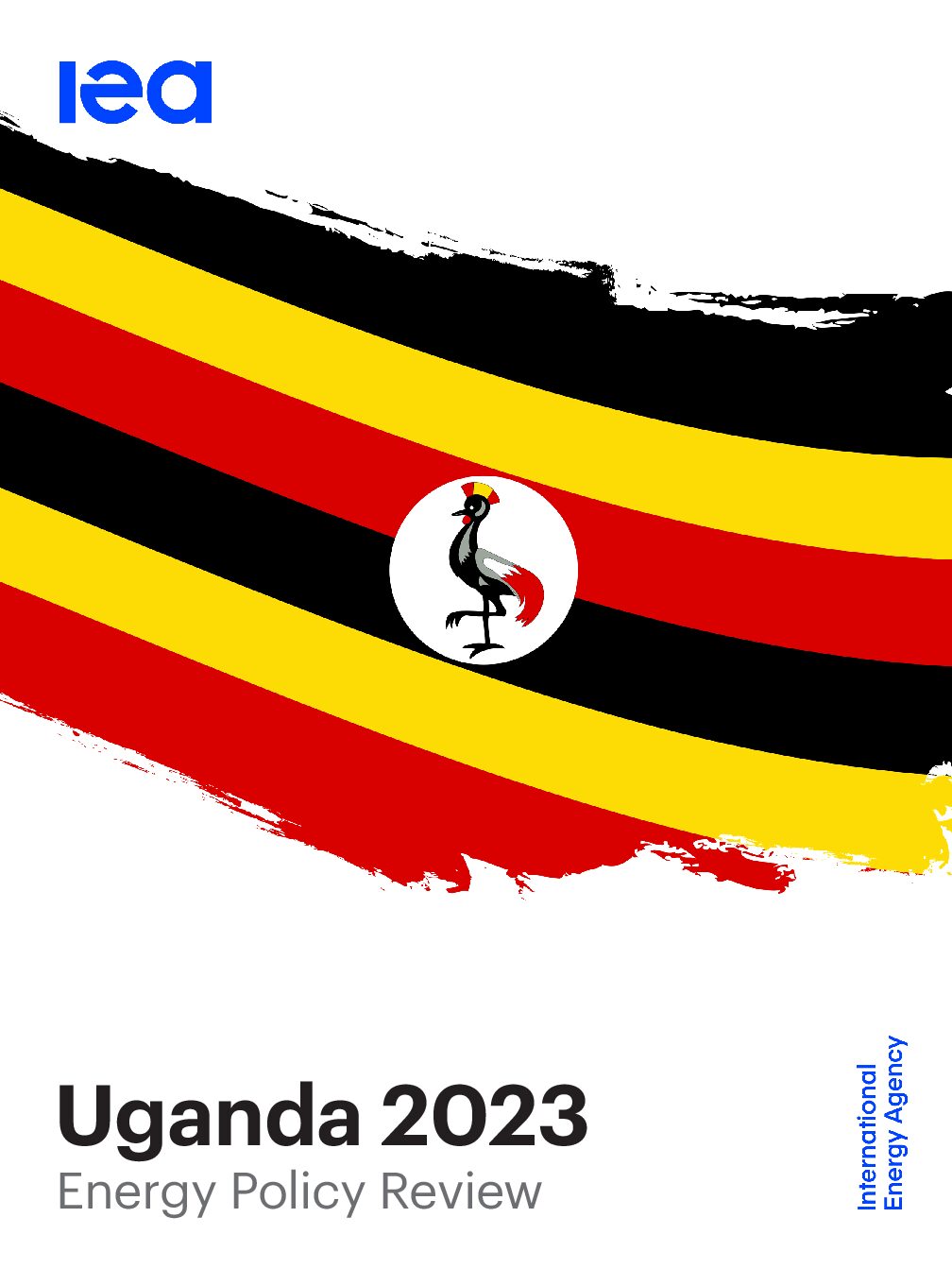This report draws on the experience of members of the OECD Development Assistance Committee to identify emerging trends, good practice and lessons learned in their work with the private sector to leverage private capital, expertise, core business and market-based solutions to meeting the challenge of making development sustainable.
This report aims to quantify the investments required to build modern, clean energy systems and identify the policy actions and financial instruments that can deliver a major acceleration in private capital flows for the energy transition.
This study assesses the landscape of standards for renewable energy technologies and identifies gaps, with a focus on international standardisation.
This report examines the trends of renewable energy investment and finance in Sub-Saharan Africa (Chapter 2), driven by regional and national plans, targets and strategies for the sector (Chapter 3), and the policy environment for renewables in the region (Chapter 4).
This report sketches three potentially feasible scenarios for systems based on 100% renewable energy, identifies challenges and opportunities, and provides policy recommendations.
This report presents a global energy roadmap to meet climate goals by 2050, examining technology pathways and policy implications to ensure a sustainable energy future.
This roadmap analyses the drivers of the digital transformation of the energy sector in Latin America and the Caribbean, identifies lessons learned and provides recommendations.
This report takes stock of the latest energy trends, assesses Uganda’s energy policies and provides policy recommendations.
This strategy provides an overview of energy production and consumption in Zambia, and sets objectives for efficiency improvements in the residential, industrial and transport sectors.
This report delves into the challenges, opportunities, and innovations shaping the future of the steel industry as the global transition to a low-carbon economy accelerates.

